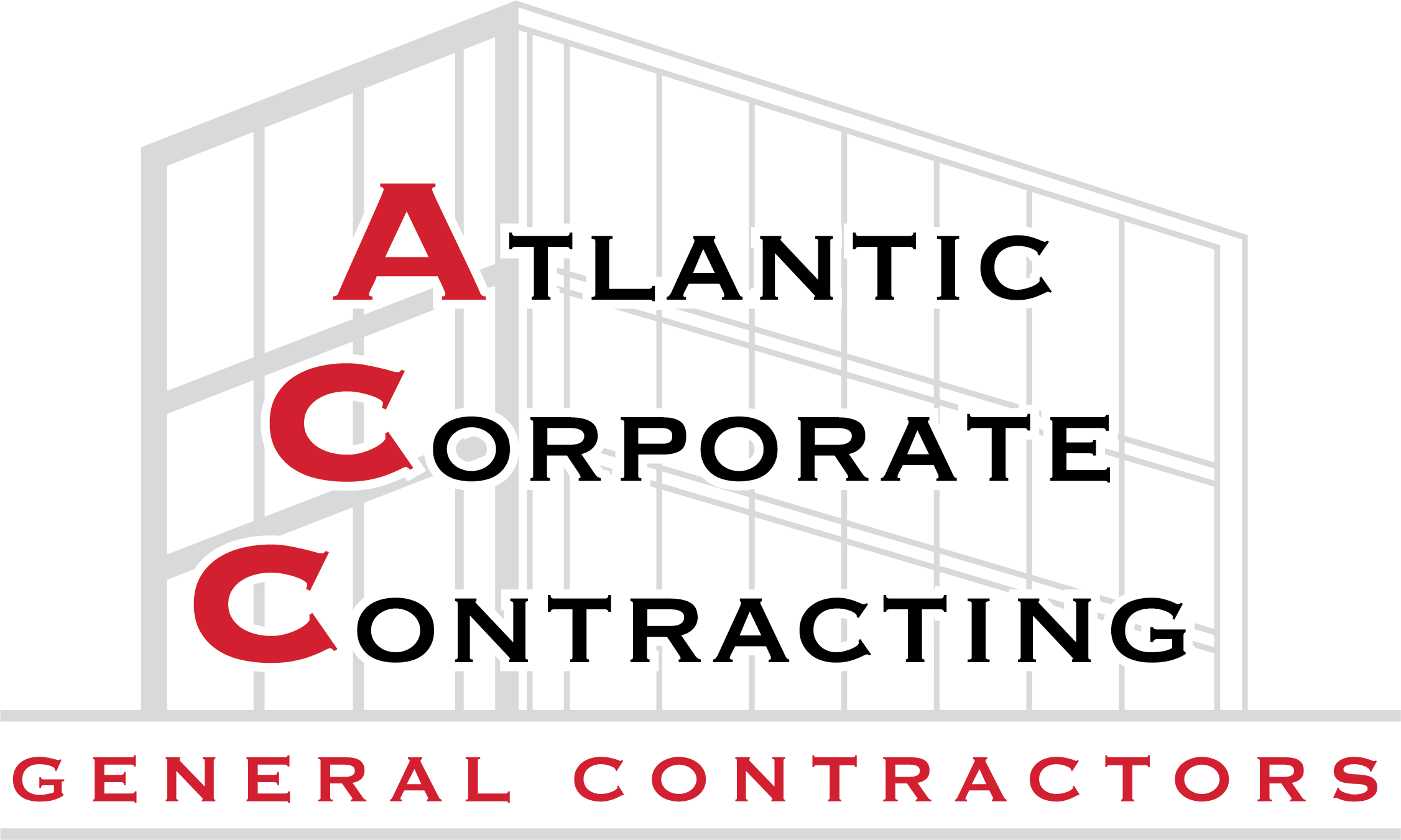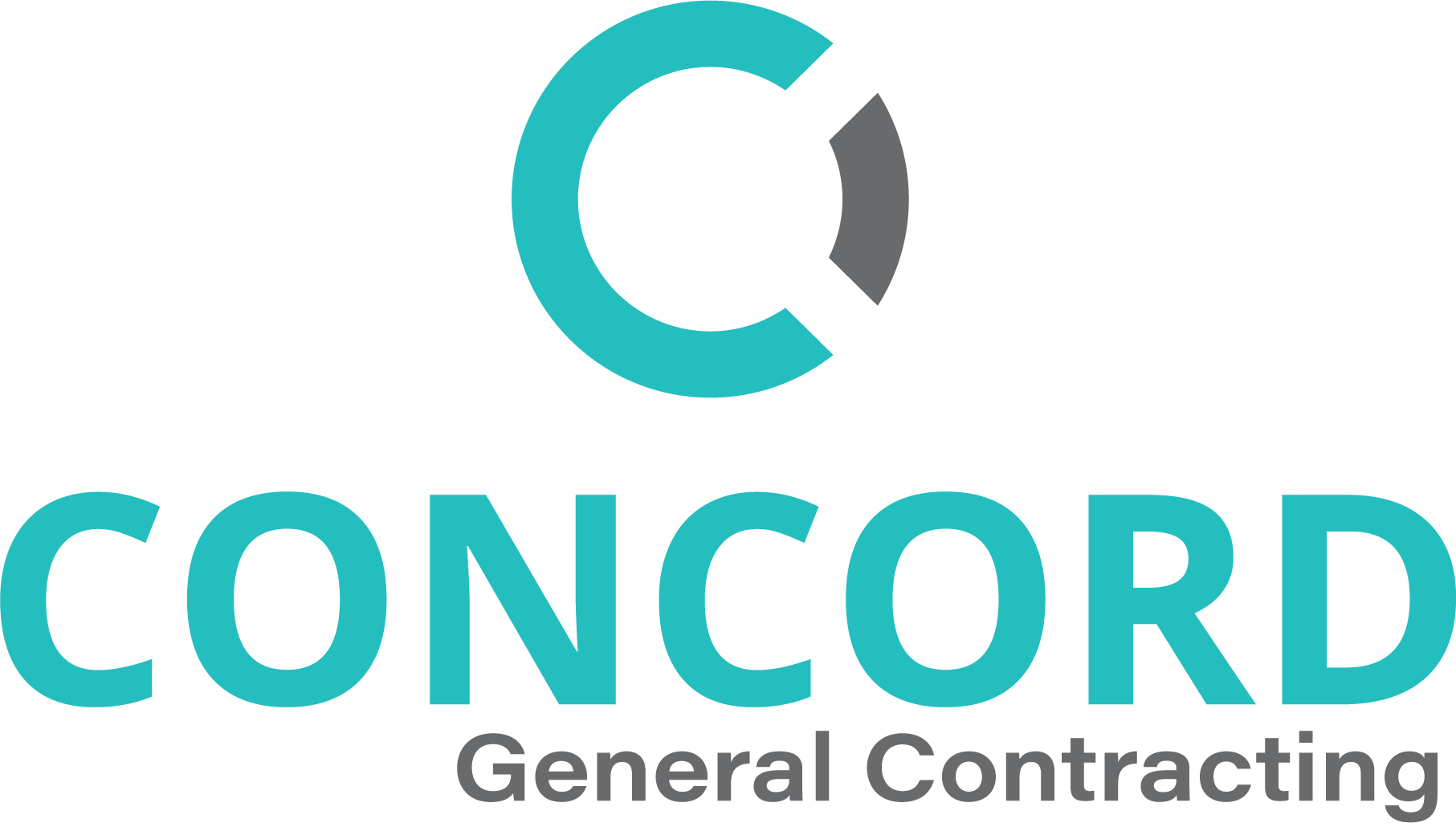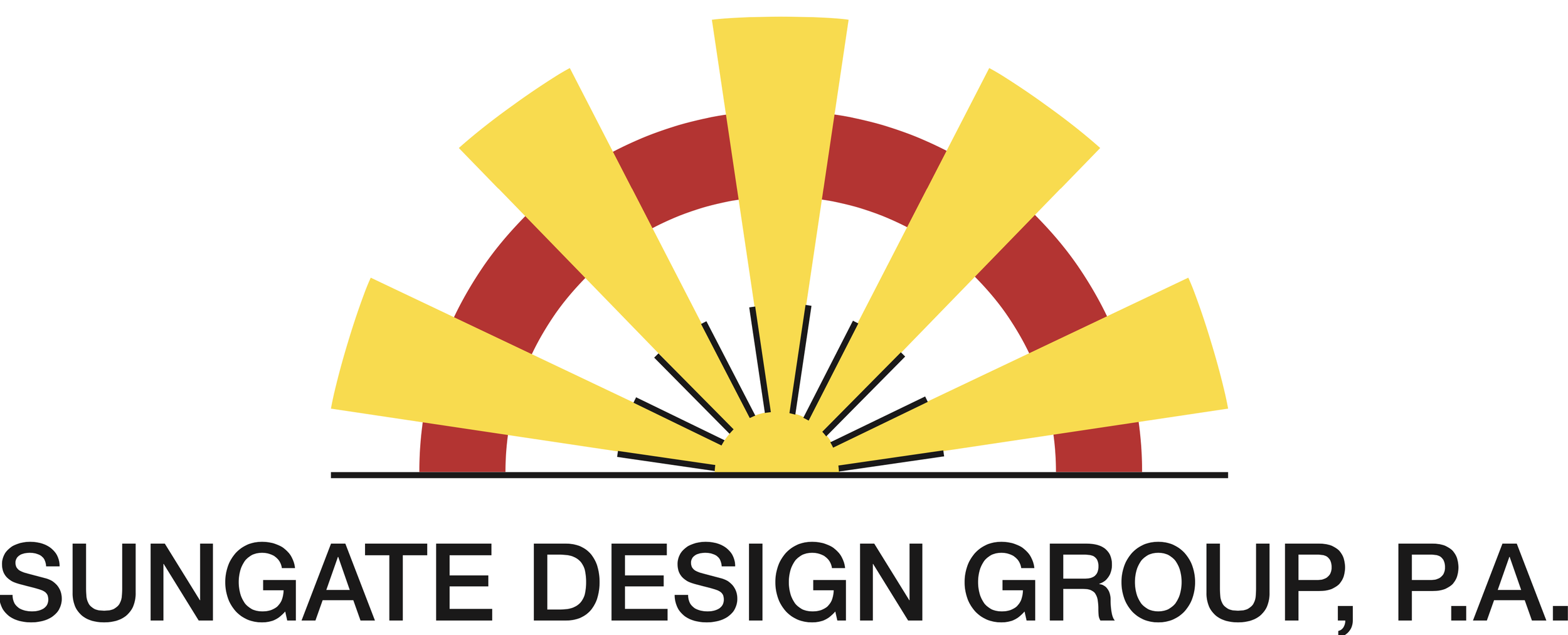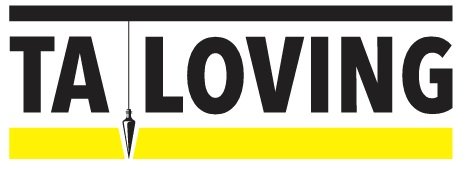In the competitive world of business, making the right decisions is crucial for success. This holds true, especially when it comes to pursuing projects through a competitive RFQ or RFP. Often, we find ourselves in situations where saying "no" seems counterintuitive or even impossible. However, embracing the power of good go/no-go decisions can be a game-changer in the long run, even if it means walking away from potentially attractive opportunities.
The Temptation to Say Yes
As entrepreneurs and business leaders, we are wired to be enthusiastic, optimistic, and always ready for the next big challenge. The prospect of submitting for every RFP or RFQ that fits our skills can be enticing. After all, who wouldn't want to expand their business, reach new markets, acquire more clients, and bring in more revenue? However, this mentality can lead to stretching our resources thin, over-commitment, and ultimately, higher risks.
The Power of a No
Contrary to what we might believe, saying "no" can sometimes be our wisest decision. It allows us to focus on what truly matters and allocate our resources effectively. When we say "no" to an opportunity, we are not admitting defeat or conceding weakness. Instead, we demonstrate our discernment, show that we are strategic thinkers, and highlight our commitment to building a sustainable business.
The Risk of a Bad Fit
One of the key reasons to exercise caution when pursuing proposals is the risk of a bad fit. Not every client or project aligns perfectly with our strengths, values, or long-term goals. By ignoring the warning signs and forging ahead, we risk compromising our expertise, reputation, and even our overall brand positioning. Taking on ventures that don't complement a firm's core competencies can result in subpar results and diminished client satisfaction.
The Value of Opportunity Cost
Good go/no-go decisions require us to evaluate not only the potential benefits of pursuing a proposal but also the opportunity cost. Every decision we make comes at the expense of other possibilities. By gravitating towards every opportunity, we might miss out on more lucrative ventures with a better return on investment. Considering the broader picture and weighing the trade-offs helps us make informed choices that maximize our long-term growth.
The Emotional Barrier
Making go/no-go decisions can be emotionally challenging. We might fear missing out on a great opportunity or disappointing others. It is essential to separate our emotions from decision-making and instead rely on data, analytics, and strategic reasoning. Developing a systematic approach that factors in various criteria, such as financial feasibility, alignment with core values, and market analysis, can help ease emotional barriers and lead to better decisions.
Conclusion
In business, it is not always about how many opportunities we pursue but how effectively we choose the right ones. Making good go/no-go decisions is crucial for sustained growth and success. Though difficult at times, saying "no" when necessary demonstrates wisdom, strategic thinking, and a commitment to long-term goals. By considering the risk of bad fits and evaluating opportunity costs, we can confidently move forward, knowing that each decision contributes to our overall business excellence.




















